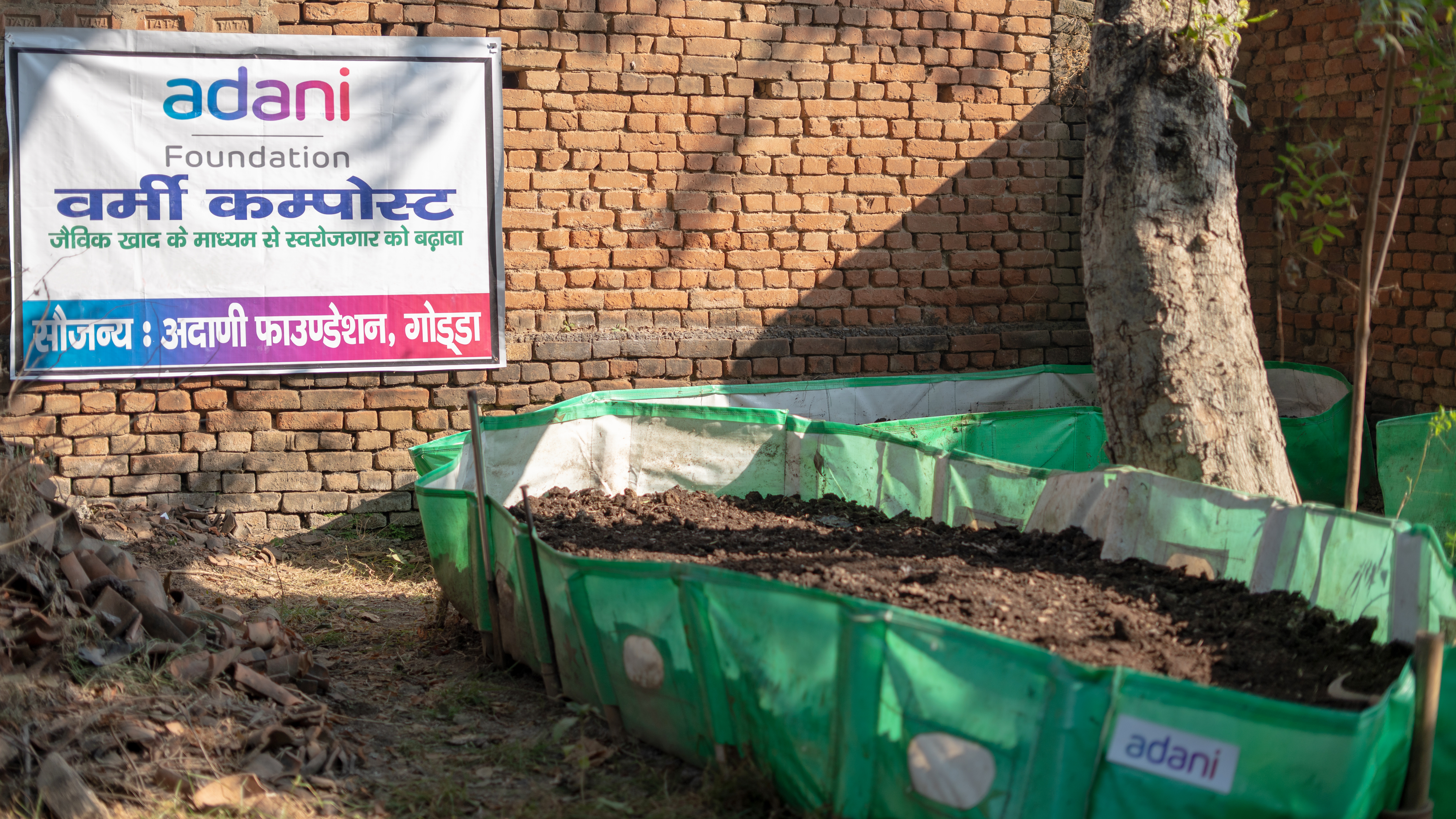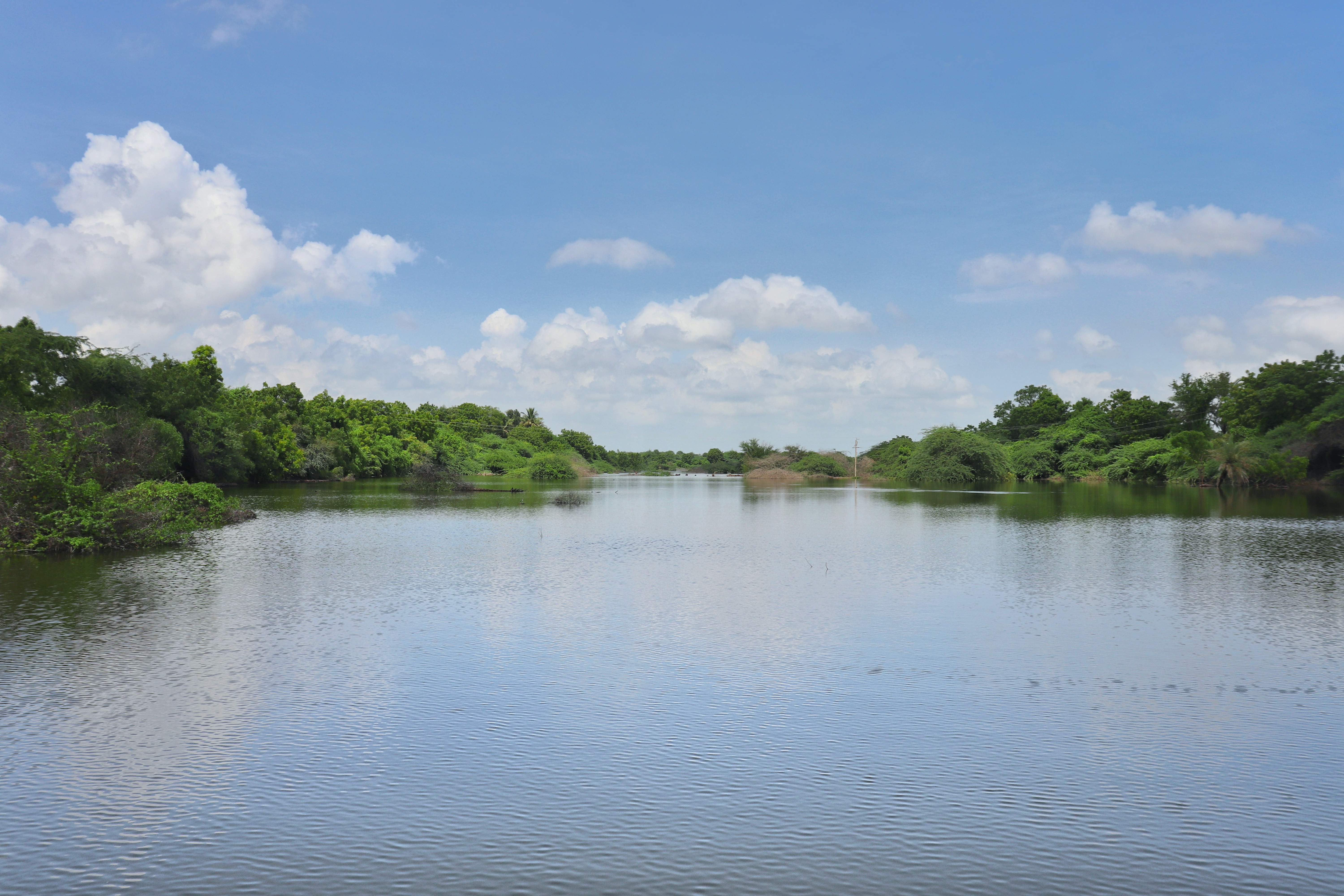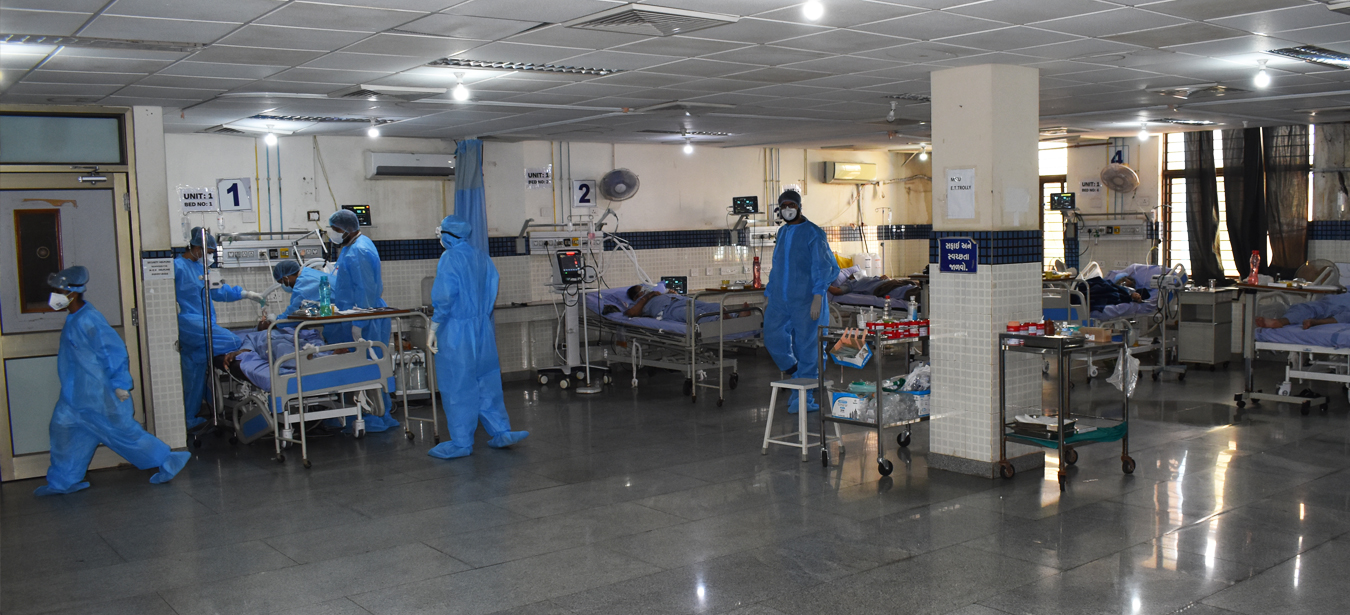
I joined the Adani Foundation in October 2019 and have been working on the ground for the past five years, carrying out multiple social initiatives being run by the Foundation. In all these years, I have come across many life-transforming stories of ordinary citizens which have moved me and strengthened my resolve to work harder to make their lives easier. I am glad that our organization is relentlessly putting efforts towards facilitating inclusive, sustainable and transformative development of communities at the grassroots. The people I mention in this blog are real-life heroes whose grit, resilience, and determination inspire us.
Kanaklata Soren, a resident of Nayabad village (situated in the tribal region of Santhal Pargana) of Godda, Jharkhand, lives in a joint family with her husband and children. In 2017, she got in touch with the Adani Foundation, which has been running a slew of projects in the region in the areas of education, health and nutrition, sustainable livelihoods, climate action and community development. Till a few years ago, Kanaklata’s life revolved around managing household chores and fulfilling domestic responsibilities. But after she came in contact with the Foundation, she became determined to do something for herself and her family and bring about a change in her life. She became a volunteer with the Foundation, and actively started getting involved in its activities, including mobilization of communities. When I first met her, I witnessed a spark within her and an insatiable hunger for knowledge and self-growth. She was determined to stand on her own feet. Her modest upbringing and lack of education didn’t deter her from dreaming big.

Little did Kanaklata know that her association with the Foundation would give her a direction to transform her life. However, what she wasn’t aware of was the fact that she would become a beacon of hope and inspiration for hundreds of farmers in the region, who would idolize her for envisioning a positive transformation for their community.
Kanaklata began her journey as a SuPoshan Sangini, (community-level volunteers) when the Foundation was running its SuPoshan project in the region, which aims to address Malnutrition and Anaemia in children aged 0-5 years, adolescent girls, and pregnant and lactating women. Through her dedication and hard work, coupled with the knowledge she gained during her training, Kanaklata rose to become a trusted Sangini in her village, with people, especially tribal women, looking up to her for guidance and support. She went on to guide more than 150 households adapt healthy eating practices and enhance their nutritional status, and even helped over 200 children of her community overcome Malnutrition.
With her newfound confidence, Kanaklata wanted to make a larger impact in her community and her personal life. She enrolled herself in the Adani Annapurna-Vermicomposting programme in her village, facilitated by the Adani Foundation.

Kanaklata and her husband owned a one-acre farmland. Till a few years ago, the couple was carrying out agricultural activities on their farm using chemical fertilizers and pesticides, largely unaware of the harmful effects of these fertilizers for crops and soil. But things changed for good when she received technical knowledge of using natural manure and its benefits.
For years, the Adani Foundation has been undertaking steps to educate farmers across India to adapt farming techniques which are climate resilient. It supports small and marginal farmers with market linkages by forming producer groups and cooperatives, and promoting crop diversification, reduce input cost, enhance quality of produce, and ultimately boost incomes. In the recent past, the Foundation has given a lot of impetus to natural farming towards enhancing soil fertility, plant growth, and enabling farmers to receive increased income from harvests. Natural farming not only reduces environmental impact and input cost, but also helps in creating a more sustainable, profitable farming system.
During her training, Kanaklata came to know about the harmful effects of chemical fertilizers and their subsequent health hazards. The training also familiarized her with the concept of vermicomposting - a biotechnological composting process that uses earthworms to enhance the process of waste conversion to produce good-quality manure. The resultant product is a stabilized, uniformly sized substance with a characteristic earthy appearance known as vermicompost. It enhances soil fertility and increases the nutrient profile of crops.
With the newfound knowledge, Kanaklata wanted to adapt the practice on her farm. It was heartening to see her passion and dedication to begin her journey of self-employment. The Foundation promptly supported her, providing her with materials necessary to set up vermicompost units like vermibeds and earthworms.
Kanaklata diligently prepared the compost, working tirelessly to perfect the process. Her dedication bore fruit, and she soon began to sell 10 quintals of vermicompost, earning Rs 5,000-6,000 per month.
She inspired several tribal farmers in her region to embrace natural farming. Keen to share her knowledge and expertise with her community members, she took it upon herself to train them on how to make vermicompost. The Foundation duly supported her in the process, providing them with necessary tools and resources to begin the practice.

Currently, Kanaklata and other women farmers of the region actively produce vermicompost and sell 4 to 5 kg of vermicompost along with earthworms each month that supplements their income.
Around 1 MT of vermicompost is produced from each vermicompost unit per cycle. Moreover, the usage of natural fertilizers has enhanced the crop production from 2-3 quintals to 4-6 quintals on their farmlands spreading across 1-2 acres.
Till now, Kanaklata has inspired 300+ farmers to practice organic farming. The outcomes we’ve witnessed have been overwhelming. Once burdened with financial woes, these farmers now find themselves with a steady source of income. The annual savings of each farmer have gone up by up to Rs 20,000. Many of them are using vermicompost as natural fertilizer on their farms, leading to better quality produce.

Today, each of these farmers is producing about 1,000 kg of vermicompost in a single bag. It takes around Rs 2,000 to produce a single bag of vermicompost. When sold, it yields a profit ranging between Rs 5,000-6,000.
So far, the Adani Foundation has facilitated a total of 447 vermicompost units across India, and the estimated vermicompost production is more than 11,175 quintal. The notional value of the compost is estimated to be around Rs 90 lakh.
As modernization of agricultural practices is happening at a rapid pace, there is an increased need for evolving in organic culture, which is vital for farmers’ holistic development. I strongly feel that the Adani Foundation’s intervention of promoting organic farming in rural areas has become an impactful program, thereby boosting social, economic, and environmental upliftment. Farmers from across communities produce organic crops; its effects are intertwined in regenerating biodiversity, enhancement of crops yields, alternative source of income generation and consumption of healthy foods by their families.

I feel privileged to play my part in the process, thereby contributing my bit to enhance the well-being of communities we work with.











